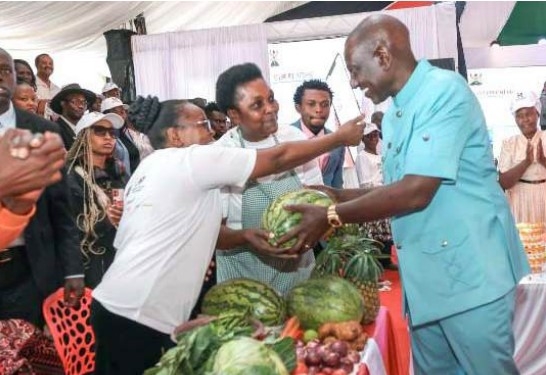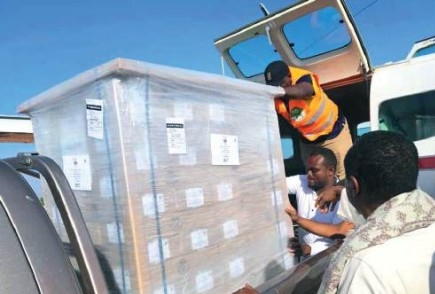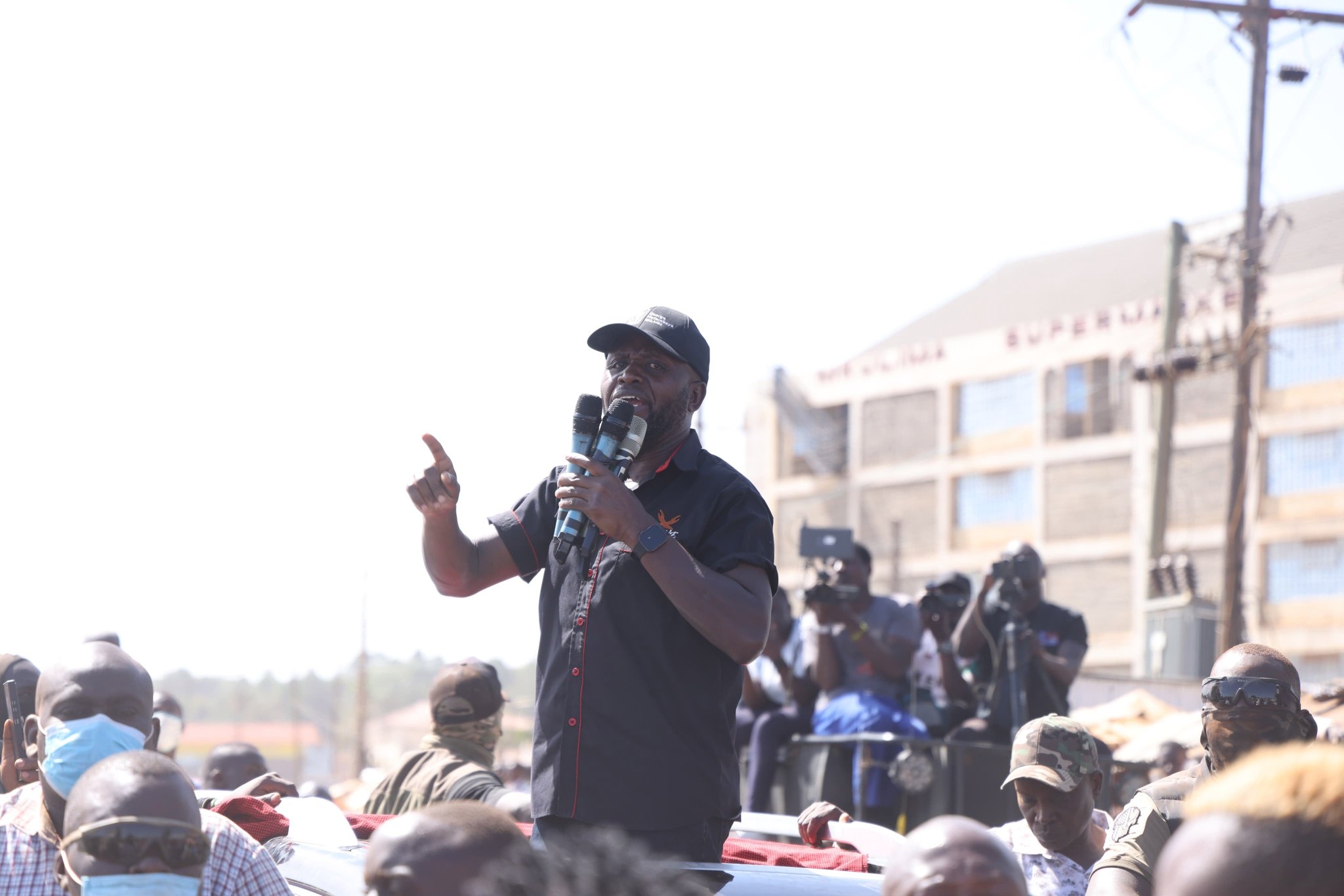Fuel subsidies continue to accelerate the use of fossil fuels a move impeding green transition and more fiscal space for governments, according to IMF.
It is concerned that the subsidies lack a clear intent and framework.
The International Monetary Fund (IMF), says in its latest climate action paper that fossil fuel subsidies surged to a record $7 trillion last year.
This as governments supported consumers and businesses during the global spike in energy prices.
“Fossil-fuel subsidies rose by $2 trillion (Sh290.4 trillion) over the past two years as explicit subsidies, the undercharging for supply costs, more than doubled to $1.3 trillion (Sh188.7 trillion),” IMF says.
The paper provides updated estimates across 170 countries of explicit and implicit subsidies, undercharging for environmental costs and forgone consumption taxes, inclusive of Kenya.
Data by the Energy and Petroleum Regulatory Authority (Epra) shows Kenya spent Sh71.17 billion to subsidise diesel, super and kerosene in the six months to June last year.
The regulator said the country was spending averagely Sh11.86 billion monthly to keep fuel prices low for the six months during President Uhuru Kenyatta's regime.
President William Ruto’s administration however vowed to do away with the fuel subsidy, terming it abusive and subject to corruption.
This came further as a pressure from international lenders' fresh loan conditions requiring the country to drop the fuel subsidy programme to increase revenue collections.
Speaking early this month, Ruto reiterated his stance not to go back to subsidies despite the rising cost of fuel, saying the government will seek alternative policy options and interventions that will not be abused an diverted.
The published August-September fuel cycle saw the pump prices remain unchanged, despite a higher import bill in the wake of rising global prices.
A litre of petrol continued to retail at Sh194.68 in Nairobi, diesel at Sh179.67 while kerosene at Sh169.48 per litre.
The prices would have gone up to Sh202.01 for Super petrol, and Sh183.26 for diesel while kerosene would have retailed at Sh175.22 per litre, were it not for the stabilisation policy.
EPRA denied the cushioning was a subsidy, but instead termed it a fuel stabilisation initiative through the Petroleum Development Levy (PDL).
Consumers pay Sh5.40 per litre of petrol and diesel, and Sh0.40 per litre of kerosene as PDL, which is among nine other taxes imposed on fuel products.
IMF projects that developing countries are on track of increasing their consumption of fossil fuels toward the levels of advanced economies.
"These implicit subsidies are projected to grow as developing countries tend to have higher-polluting power plants, factories and vehicles, along with dense populations living and working close to these pollution sources," the lender says.
It notes that if governments removed explicit subsidies and imposed corrective taxes, fuel prices would increase.
IMF acknowledges that this would further consumers, it would on he converse force firms and households to consider environmental costs when making consumption and investment decisions.
The result would be cutting global carbon-dioxide emissions significantly, cleaner air, less lung and heart disease, and more fiscal space for governments, the lender says in part.
"Scrapping explicit and implicit fossil-fuel subsidies would prevent about 1.6 million premature deaths annually, raise government revenues by $4.4 trillion, and put emissions on track toward reaching global warming targets," IMF says.
"It would also redistribute income as fuel subsidies benefit rich households more than poor ones."













